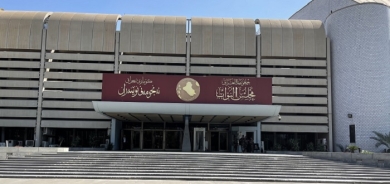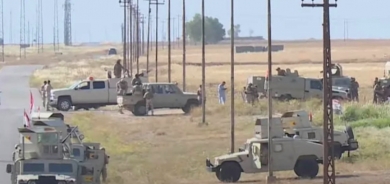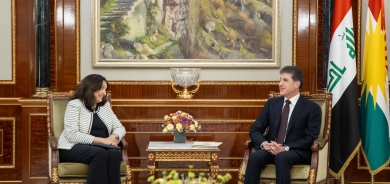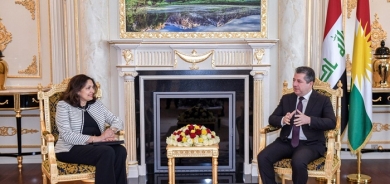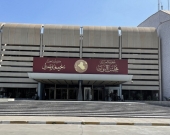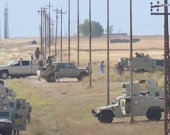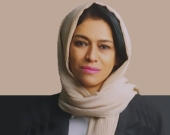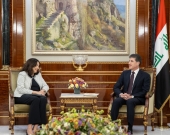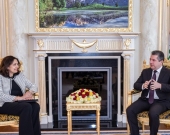Davutoğlu says repeat of Halabja disaster should be avoided in Syria
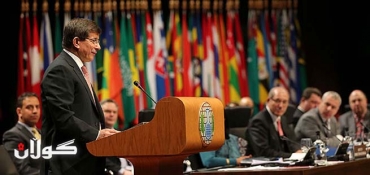
Noting that Turkey felt the pain very deeply when Saddam Hussein carried out a nuclear attack on civilians in Halabja in 1988, Davutoğlu said the international community was responsible for taking preventive measures against a similar disaster in Syria.
“It is a must to control Syria's chemical weapons and prevent their use in any way,” said Davutoğlu during a press conference in Holland in relation to claims that Syria's Bashar al-Assad regime last month used chemical weapons.
His remarks came after attending a ministerial-level meeting in The Hague for the Non-Proliferation and Disarmament Initiative, which was launched by 10 countries to ensure nuclear disarmament and take preventive measures on the issue.
Noting that the initiative has gained ground in the past three years, Davutoğlu announced that next year's meeting was scheduled to take place in Hiroshima, which he said has symbolic importance.
During his speech at the meeting, Davutoğlu touched upon the latest developments on nuclear armament around the world. “North Korea's [nuclear] proliferation activities, failing to get a result from nuclear negotiations with Iran that were held with the P5+1 countries and the issue of Syria's chemical weapons are significant sources of concern,” Davutoğlu added.
The Turkish foreign minister also stressed that nuclear issues should not be considered foreign affairs matters of nation-states but that they should be addressed as world problems. He added that the future of humanity would be under threat in a world where there is a nuclear threat.
In mid-March, the Syrian regime asked UN Secretary-General Ban Ki-moon to investigate an alleged chemical weapons attack by opposition forces on March 19 on the Khan al-Assal village in northern Aleppo province. After the accusation, the Syrian opposition blamed Assad's forces for using chemical weapons in two locations in Khan al-Assal and the village of Ataybah in the vicinity of Damascus, all on March 19, as well as in Homs on Dec. 23. Upon the regime's demand, Ban appointed Swedish Professor Ake Sellstrom to head the UN fact-finding mission to investigate the issue, while Britain and France asked the UN chief to investigate the claims made by opposition forces against the regime.
According to the latest reports on the issue, the fact-finding mission was unable to start the investigation into the nuclear weapons allegations as the Syrian regime did not give permission to the team to visit all the locations where there were alleged chemical weapons attacks. The UN chief said on Tuesday that the team was ready to start its mission once the Syrian regime allows the investigation to begin. He also pointed to the difficulty of obtaining evidence as the regime had postponed the investigation.
Today's Zaman

